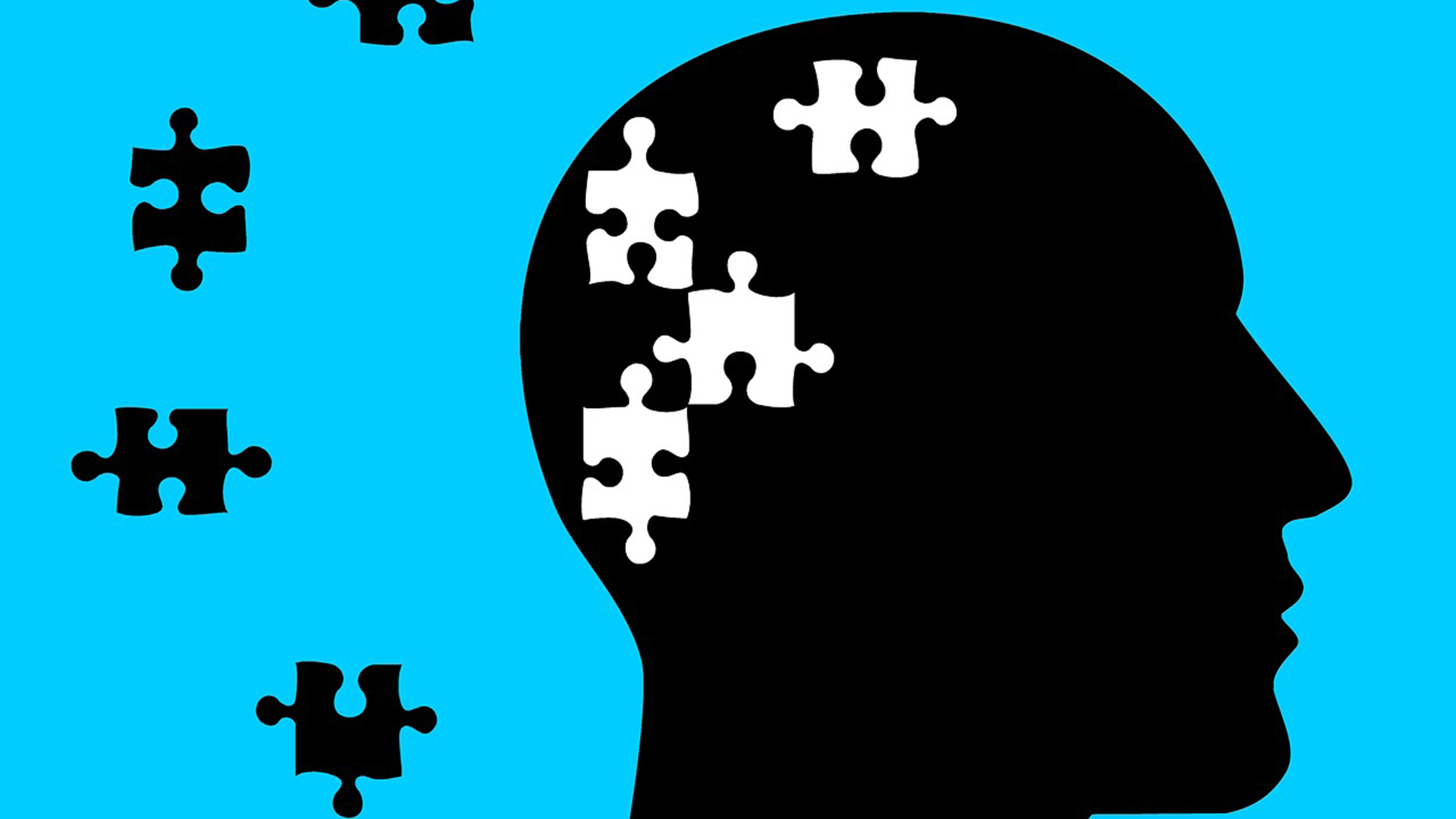 Triggering memories can help patients overcome cognitive impairments caused by a stroke or other brain-related issues.
Triggering memories can help patients overcome cognitive impairments caused by a stroke or other brain-related issues.
A University of Arizona study on the inner workings of the brain could help patients dealing with the effects of Parkinson’s disease, seizures, and stroke.
UA psychology professor Arne Ekstrom led a team that found brain waves can be directly linked to memory.
Ekstrom explored how rhythmic sounds and sights generate brain activity, or oscillations. He says the research brought up a new question about how the brain rebuilds strength through memory.
“Do we need rhythmicity in our external environment, flashing lights, repeated sounds, to get oscillation, or are these things that naturally arise through the brain’s own dynamics, such as remembering things?” he said.
The study found oscillations in humans are more prevalent when someone is simply remembering people, places or events. It means triggering memories can help patients overcome cognitive impairments that come as a result of having a stroke or other brain-related issues.

By submitting your comments, you hereby give AZPM the right to post your comments and potentially use them in any other form of media operated by this institution.